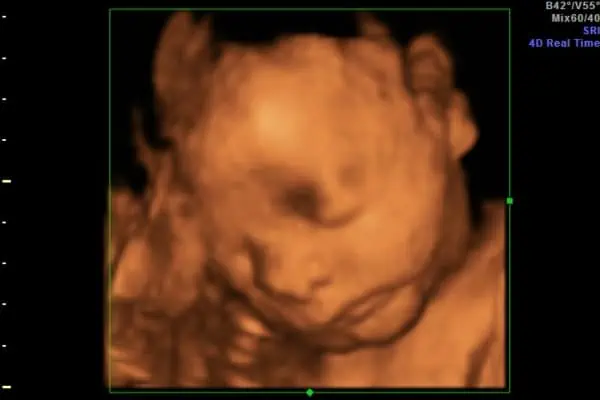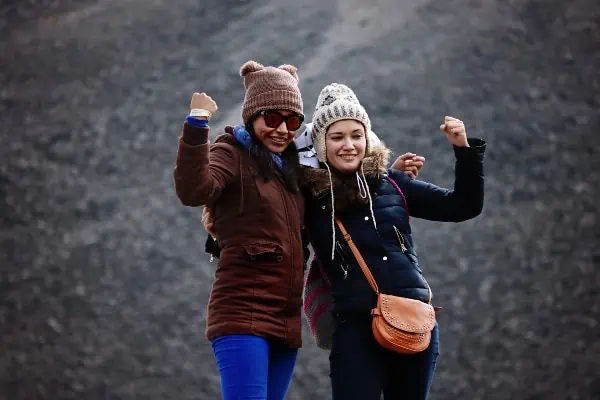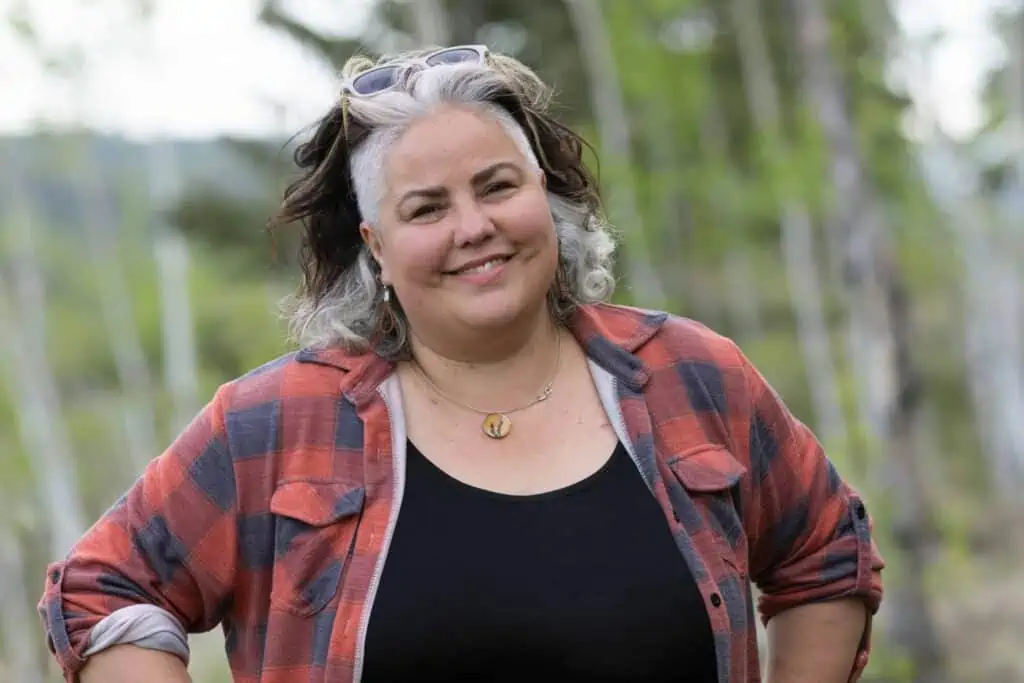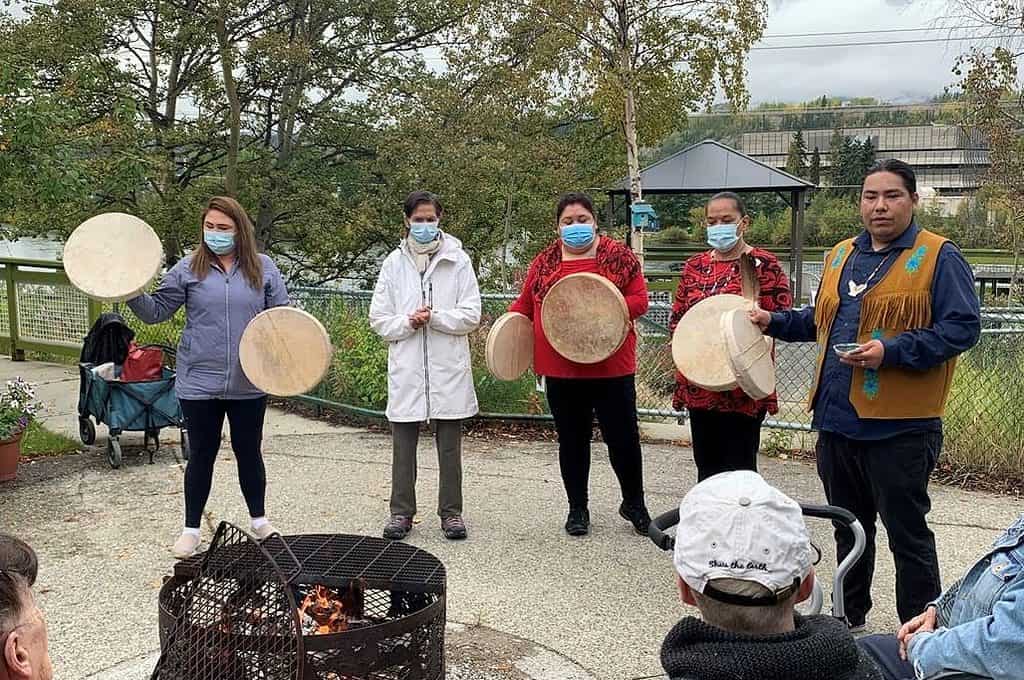There was a time when Barbara McInerney says she wouldn’t sit in the same room with Whitehorse RCMP officers.
She’s the executive director of Kaushee’s Place and Betty’s Haven — two women’s shelters in Whitehorse — and she says communication betweeen the organziations and the police was non-existent.
Which is troublesome for all parties, because the women in the shelters are often there as a result of domestic violence and other situations where the law is involved.
McInerney says relations were strained because of the way police would respond to calls about domestic violence; there were reports of police responding in inappropriate ways.
Instead of considering the safety of the victim, McInerney says the police only wanted to enforce the law. And it needed to change.
Two RCMP members were accused of rape in Watson Lake in 2009. This sparked the Liard Aboriginal Women’s Society to call for meetings with the RCMP to try and put a women-centred lens on the way law is enforced.
McInerney says it was awkward at first. She says the RCMP sat on one side of the room — slouched posture, legs spread. The women sat on the other side of the room — rigid, arms crossed. Elders sat quietly in the middle of the room.
She said the cops had an attitude of “this is dumb”, and the women sparkled with quiet fury.
She said it was the elders that made the communication start flowing. She attributes this to the beautiful way they have about them, their kindness and empathy.
In 2013, a protocol was signed in Watson Lake called Together for Justice. It outlines ways for women’s groups to work with the RCMP. And Whitehorse is following suit. On May 29, several women’s coalitions will sign a safey protocol with the Whitehorse RCMP.
McInerney says the spirit of the protocol is already being played out, and the way it is changing the culture of the police “almost changed my DNA”.
It’s been a two year process of meetings. McInerney recalls a roleplay, where a cop was a woman, and an elder was a cop. The cop handed the elder over his hat and vest to make it more real.
Communication got better. Changes are being made to language, where assumptions and prejudices are often nestled.
Like, the “sexual” in sexual assault is what McInerney calls a “mutualizing term”. She says instead of “abusive relationship”, it should be that a woman’s partner is abusive. She says instead of calling it a “kiss” in a rape, police should say, “when someone forces their mouth on yours”.
The women taught police that violence is always deliberate; when a man hurts a woman he didn’t just “lose it”.
They taught them that victims will always try to retain dignity, and that violence is intentional, progressive, and strategic.
It was subtle, but police started to consider the safety of a victim. McInerney says, “Before they didn’t care what they need. Now they start to ask questions about women’s situations.”
McInerney calls herself “a crusty old feminist.” She says she used to think that she’d have to teach her granddaughter to fear the police.
Now, she texts police to let them know about situations. The culture has changed, on both sides.
After the protocol is signed on Friday, the police will continue to meet with women’s groups. They will gather statistics on women’s experiences, to show how police are involved. The protocol will be reviewed once a year.
McInerney says the protocol holds women and girls in high regard at every level. “When things happen, we don’t go into the trenches and give up. This document requires us to stay out of the trenches.”




